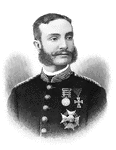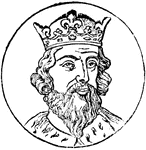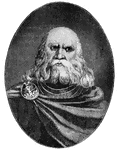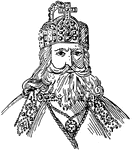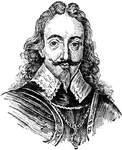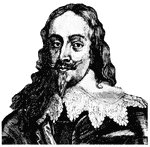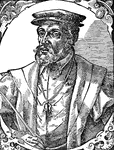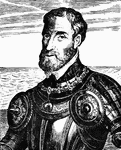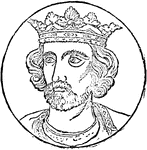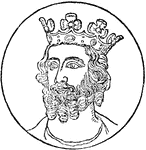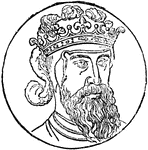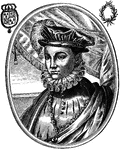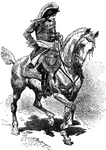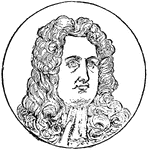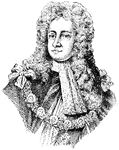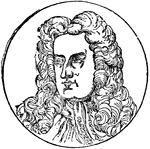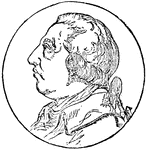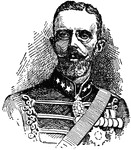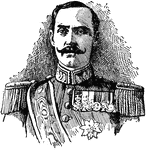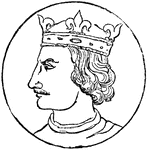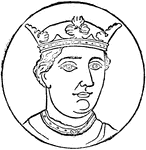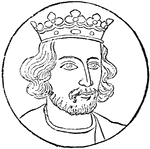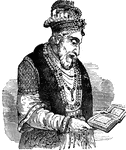
Aurungzrbr
"This sovereign was the last of the Mogul emperors of India who displayed the talent and energy of a…
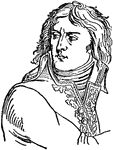
Napoleon Bonaparte
(1769-1821) King of Italy, Mediator of the Swiss Confederation and Protector of the Confederation of…
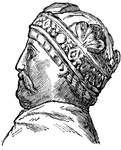
Charlemagne
He was born on April 2, 742, and was the eldest son of Pepin, the first king of the Franks, of the Carlovingian…
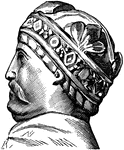
Profile of Charlemagne
An illustration of the profile of Charlemagne, also known as Charles the Great, was King of the Franks…
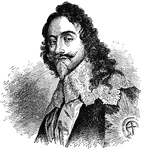
Charles I
"Charles I (1625-1649) was a far abler ruler than his father. He was a man of greater courage and more…
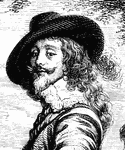
Charles I attended by the Marquis of Hamilton
Charles the I was king of England, Scotland and Ireland until he was executed in 1649.
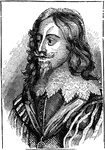
Charles I of England
Charles I, (19 November 1600 – 30 January 1649) was King of England, Scotland and Ireland from…
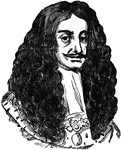
Charles II
Charles II (Charles Stuart; 29 May 1630 - 6 February 1685) was the King of England, Scotland, and Ireland.
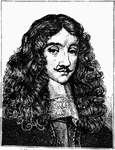
Charles II of England
Charles II (Charles Stuart; 29 May 1630 – 6 February 1685) was the King of England, Scotland,…
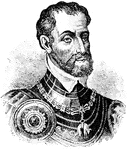
Charles V
"Charles V ruled over wider dominions than any European sovereign since Charlemagne. He belonged to…
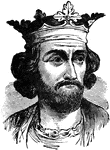
Edward I (Longshanks)
Edward I (17 June 1239 – 7 July 1307), popularly known as Longshanks, achieved historical fame…
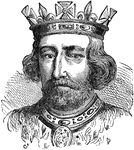
Edward II of England
Edward II, (April 25, 1284 – September 21, 1327) of Caernarfon, was King of England from 1307…
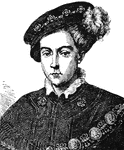
Edward VI of England
Edward VI (12 October 1537 – 6 July 1553) became King of England and Ireland on 28 January 1547…
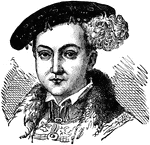
Edward VI of England and Ireland
Edward VI (12 October 1537 - 6 July 1553) became King of England and Ireland on 28 January 1547 and…

Edward VI. Writing His Journal
Edward VI became King of England and Ireland on January 28, 1547, at just nine years of age. Edward,…

Albert Edward
Prince of Wales, Edward VII, was the King of the United Kingdom of Great Britain and Ireland, King of…
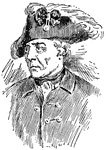
Frederick II
(1712-1786) King of Prussia from the Hohenzollern dynaasty, known as the founder of Germany's military…
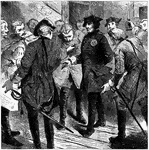
Frederick II of Prussia
An illustration of Frederick II of Prussia attempting to find lodging for the evening. Frederick II…
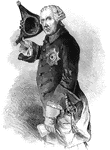
Frederick II of Prussia
A portrait of Frederick II of Prussia in his military uniform. Frederick II (January 24, 1712 –…
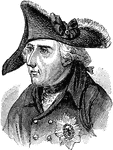
Frederick II of Prussia
Frederick II (January 24, 1712 – August 17, 1786) was a King of Prussia (1740–1786) from…
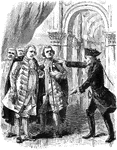
Frederick II of Prussia and Judges
An illustration of Frederick II of Prussia and the unjust judges. Frederick II (January 24, 1712 –…
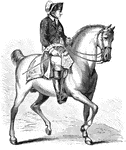
Frederick II of Prussia on Horseback
An illustration of Frederick II of Prussia on horseback. Frederick II (January 24, 1712 – August 17,…
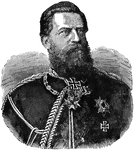
Frederick III, German Emperor
Frederick III (October 18, 1831 - June 15, 1888), was German Emperor and King of Prussia, ruling for…
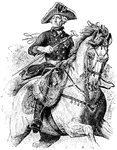
Frederick the Great
"Frederick II (The Great, 1740-1786). The young Frederick had been brought up in a rough school. His…
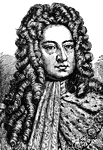
King George I of Great Britain
George I (28 May 1660 – 11 June 1727) was King of Great Britain and Ireland from 1 August 1714…
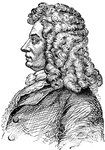
George I, King of England
The King of Great Britain and Ireland from August 1, 1714 until he died on June 11, 1727.

Usual Appearance of George III. About 1776 (From a sketch by Gear.)
George III (George William Frederick; 4 June 1738 - 29 January 1820) was King of Great Britain and King…
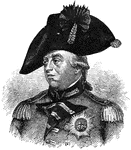
George III, King of England
"George III (1760-1815). The first two Hanoverian kings were ignorant of English politics and obliged…
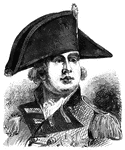
George III, King of England
"King George III, king of England during the old Confederation."—E. Benjamin Andrews, 1895
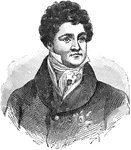
George IV
George IV (George Augustus Frederick; 12 August 1762 - 26 June 1830) was king of the United Kingdom…
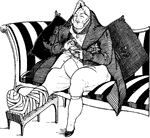
George IV
George IV or George Augustus Frederick (12 August 1762 – 26 June 1830) was king of the United…
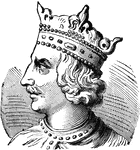
Henry I of England
Henry I (c. 1068/1069 – 1 December 1135) was the fourth son of William I the Conqueror, the first…
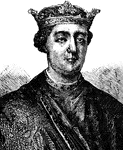
Henry II
Henry II of England (5 March 1133 – 6 July 1189) ruled as King of England (1154–1189). Henry…
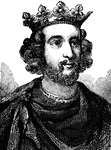
Henry III
Henry III (1 October 1207 – 16 November 1272) was the son and successor of John "Lackland" as…
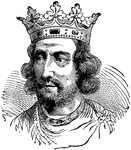
Henry III of England
Henry III (1 October 1207 – 16 November 1272) was the son and successor of John "Lackland" as…
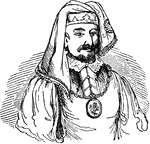
Henry IV
"By embracing the Catholic religion he made his way to the throne of France; and this monarch, Henry…
